Why Are Carbon Fiber Wheels Popular Among Performance Cars
The Rise of Advanced Materials in Modern Performance Engineering
The automotive industry has witnessed a revolutionary transformation in recent decades, with carbon fiber wheels emerging as a game-changing component in high-performance vehicles. These advanced composite wheels have become increasingly prevalent in premium sports cars, supercars, and even some luxury vehicles, marking a significant shift from traditional aluminum and steel wheel construction. The growing adoption of carbon fiber wheels represents the perfect fusion of cutting-edge materials science and automotive engineering excellence.
Performance car manufacturers are constantly pushing the boundaries of what's possible in automotive design, and carbon fiber wheels have become a cornerstone of their pursuit for ultimate performance. These sophisticated components offer a compelling combination of strength, lightweight construction, and aesthetic appeal that makes them particularly attractive for vehicles where every fraction of a second counts.
Performance Benefits of Carbon Fiber Wheels
Weight Reduction and Handling Improvements
One of the most significant advantages of carbon fiber wheels lies in their remarkable weight reduction compared to conventional alternatives. Typically, carbon fiber wheels weigh 40-50% less than their aluminum counterparts, representing a substantial decrease in unsprung mass. This weight reduction dramatically improves vehicle dynamics, allowing for more responsive handling and better acceleration.
The reduced rotational mass means the wheels require less energy to accelerate and decelerate, resulting in improved throttle response and better braking performance. Performance car enthusiasts particularly appreciate how carbon fiber wheels enhance steering precision and road feel, creating a more engaging driving experience.
Structural Strength and Durability
Despite their lightweight nature, carbon fiber wheels demonstrate exceptional structural integrity. The composite material's high strength-to-weight ratio allows manufacturers to create wheels that can withstand extreme forces while maintaining their shape and performance characteristics. The unique fiber weave patterns used in construction provide superior resistance to both impact and fatigue damage.
Modern carbon fiber wheels undergo rigorous testing to ensure they meet or exceed safety standards established for traditional wheel materials. The advanced manufacturing processes used today result in wheels that maintain their structural properties even under the most demanding driving conditions.
Manufacturing Excellence and Innovation
Advanced Production Techniques
The production of carbon fiber wheels involves sophisticated manufacturing processes that combine automated precision with skilled craftsmanship. Each wheel typically consists of multiple layers of carbon fiber material, carefully laid in specific orientations to optimize strength and performance characteristics. The components undergo carefully controlled curing processes in specialized autoclaves, ensuring consistent quality and structural integrity.
Recent advancements in manufacturing technology have helped reduce production costs while improving quality control. This has made carbon fiber wheels more accessible to a broader range of performance vehicles, though they remain a premium option due to the complexity of their production.
Quality Control and Testing Protocols
Every carbon fiber wheel undergoes extensive testing before being approved for use in performance vehicles. Manufacturers employ advanced inspection techniques, including X-ray and ultrasonic testing, to verify the structural integrity of each wheel. These rigorous quality control measures ensure that every wheel meets the exacting standards required for high-performance applications.
Testing protocols simulate real-world conditions, including impact testing, fatigue testing, and environmental exposure. This comprehensive approach to quality assurance helps maintain the high standards expected by performance car manufacturers and their discerning customers.
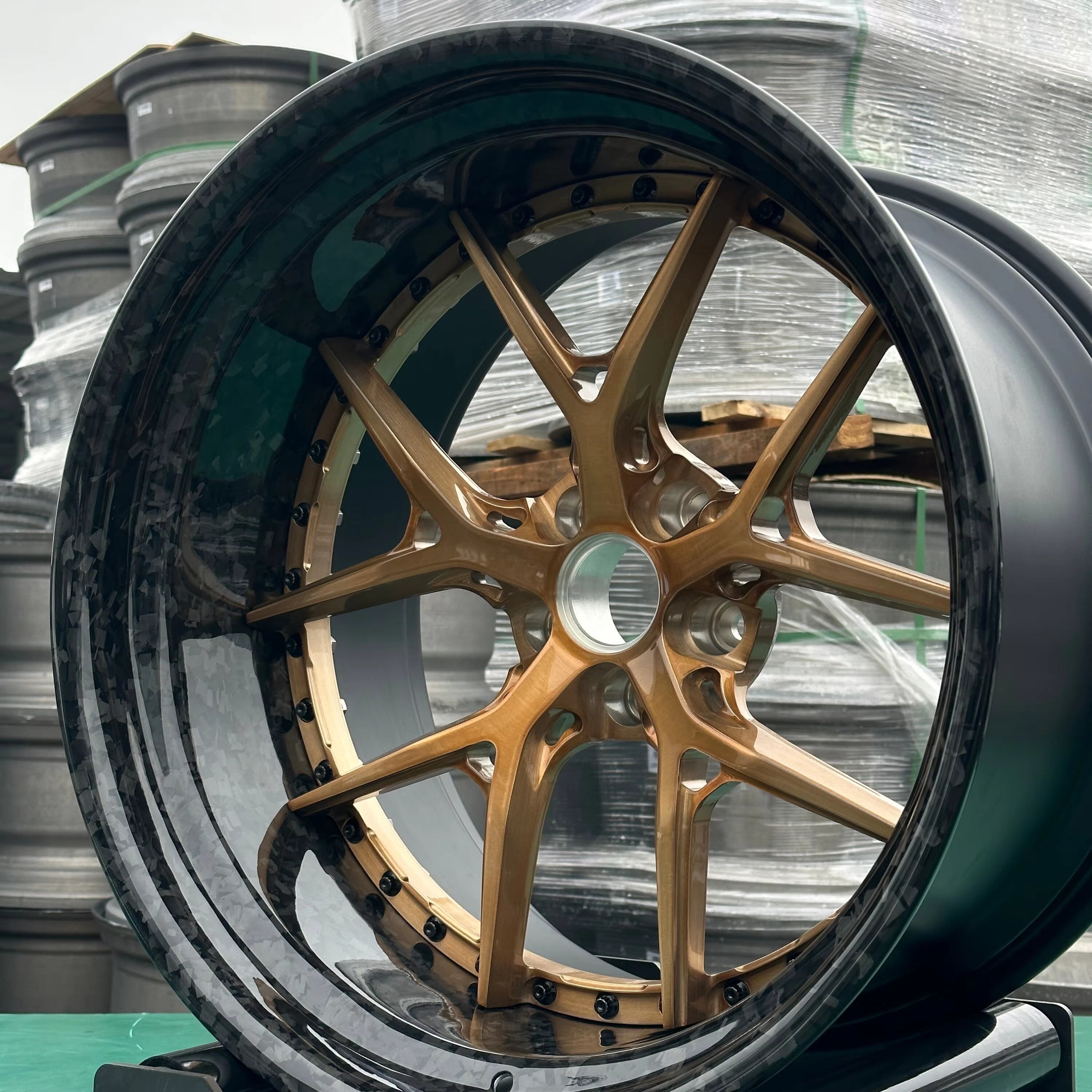
Environmental and Efficiency Considerations
Sustainable Performance
While carbon fiber wheels are primarily chosen for their performance benefits, they also contribute to improved vehicle efficiency. The significant weight reduction they offer leads to reduced fuel consumption and lower emissions in conventional vehicles. In electric performance vehicles, lighter wheels help extend range while maintaining the dynamic characteristics expected from high-performance cars.
Manufacturers are increasingly focusing on developing more sustainable production methods for carbon fiber components, including wheels. This includes research into recyclable carbon fiber materials and more energy-efficient manufacturing processes.
Long-term Value Proposition
Although the initial cost of carbon fiber wheels is higher than traditional alternatives, their durability and performance benefits often justify the investment for performance car owners. The wheels maintain their structural integrity and appearance over time, potentially offering better long-term value than conventional wheels that may require more frequent replacement.
The premium nature of carbon fiber wheels also contributes to vehicle resale value, particularly in high-end performance cars where original equipment specifications significantly influence market value.
Frequently Asked Questions
How much lighter are carbon fiber wheels compared to traditional wheels?
Carbon fiber wheels typically weigh 40-50% less than comparable aluminum wheels, with the exact weight savings depending on the specific design and size. For example, a standard 19-inch aluminum wheel might weigh around 26 pounds, while its carbon fiber equivalent could weigh just 15 pounds.
Are carbon fiber wheels safe for daily driving?
Carbon fiber wheels are engineered and tested to meet or exceed all safety standards required for automotive use. They demonstrate excellent durability and impact resistance, making them suitable for both track use and daily driving conditions. However, they should be regularly inspected for any signs of damage, just like any other wheel type.
What maintenance do carbon fiber wheels require?
Carbon fiber wheels require similar basic maintenance to other wheel types, including regular cleaning and inspection. However, they are generally more resistant to corrosion and oxidation than metal wheels. It's important to use appropriate cleaning products and avoid harsh chemicals that could potentially damage the clear protective coating applied to most carbon fiber wheels.
Recommended Products
 Hot News
Hot News
-
Forged Carbon Products
2024-05-21
-
Forged Off-Road Accessories
2024-05-21
-
GVICHN Introduces Revolutionary Forged Two-Piece Product
2024-05-21
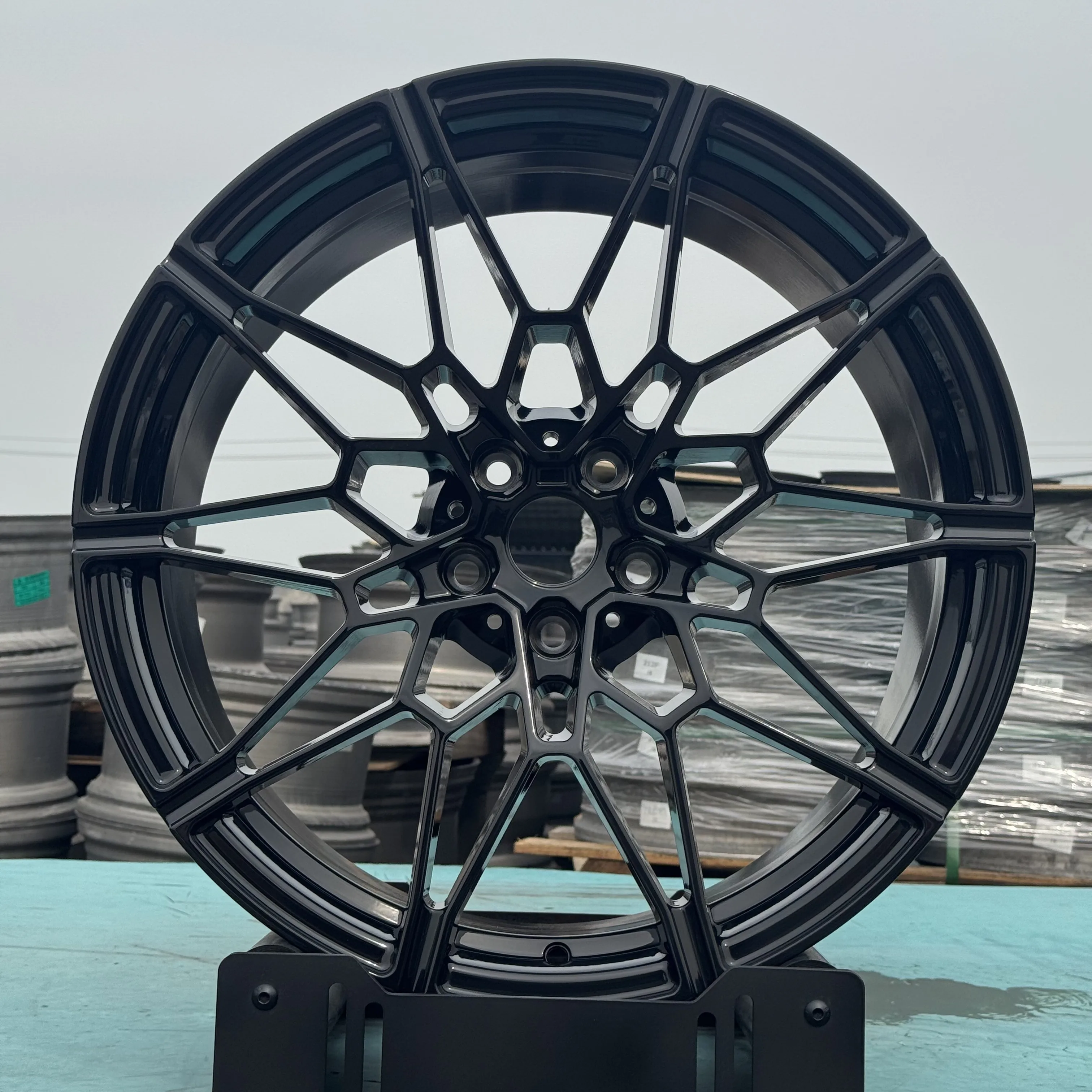

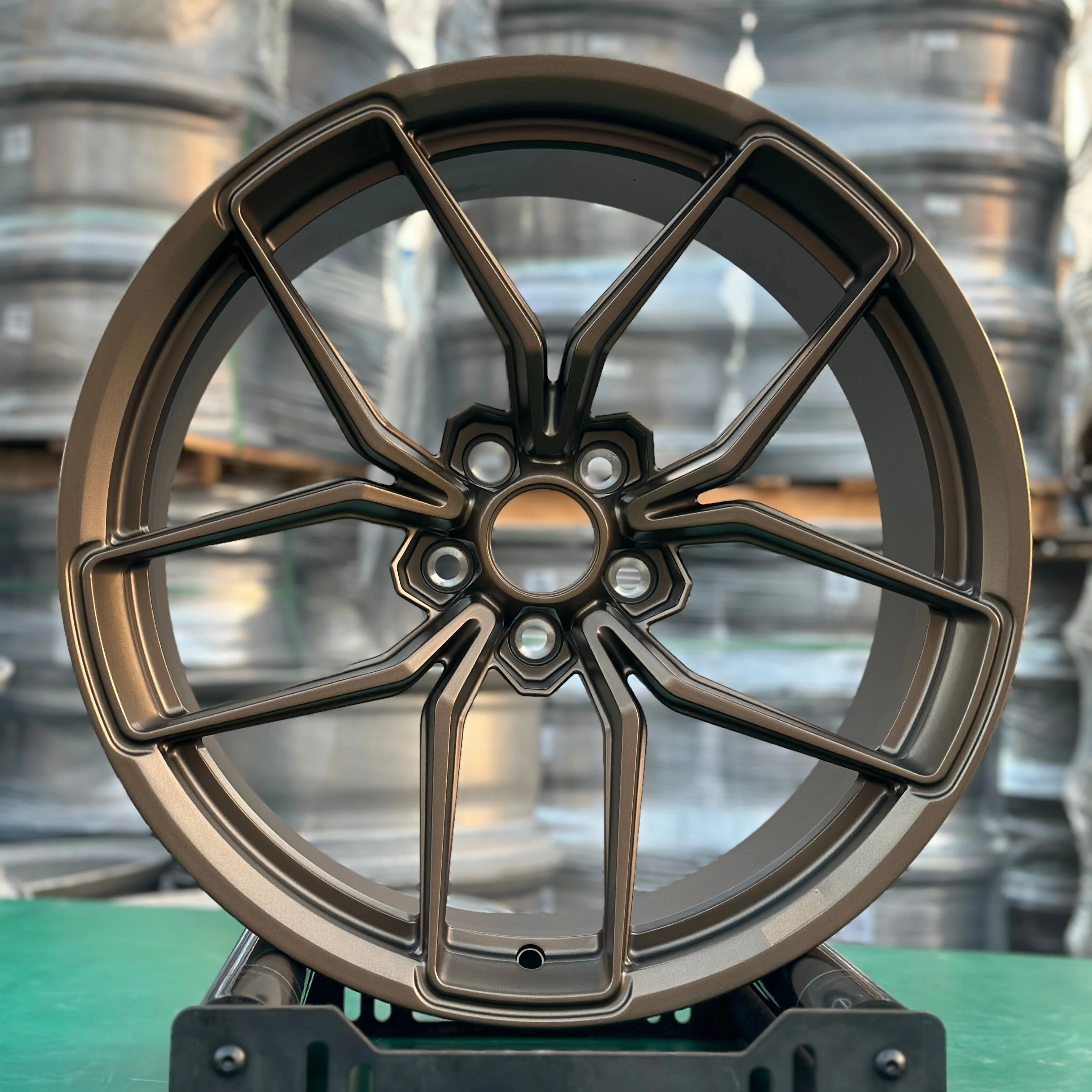
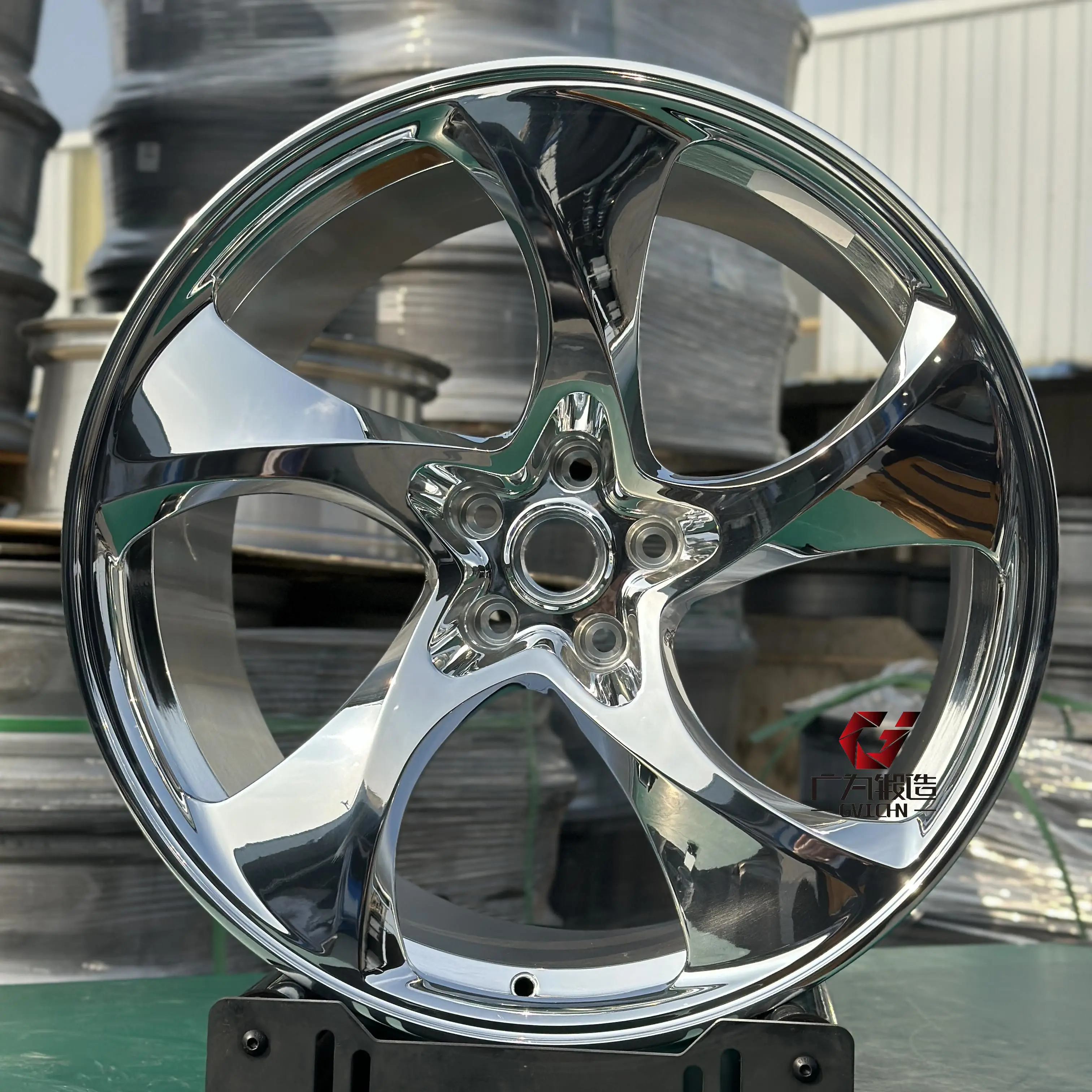
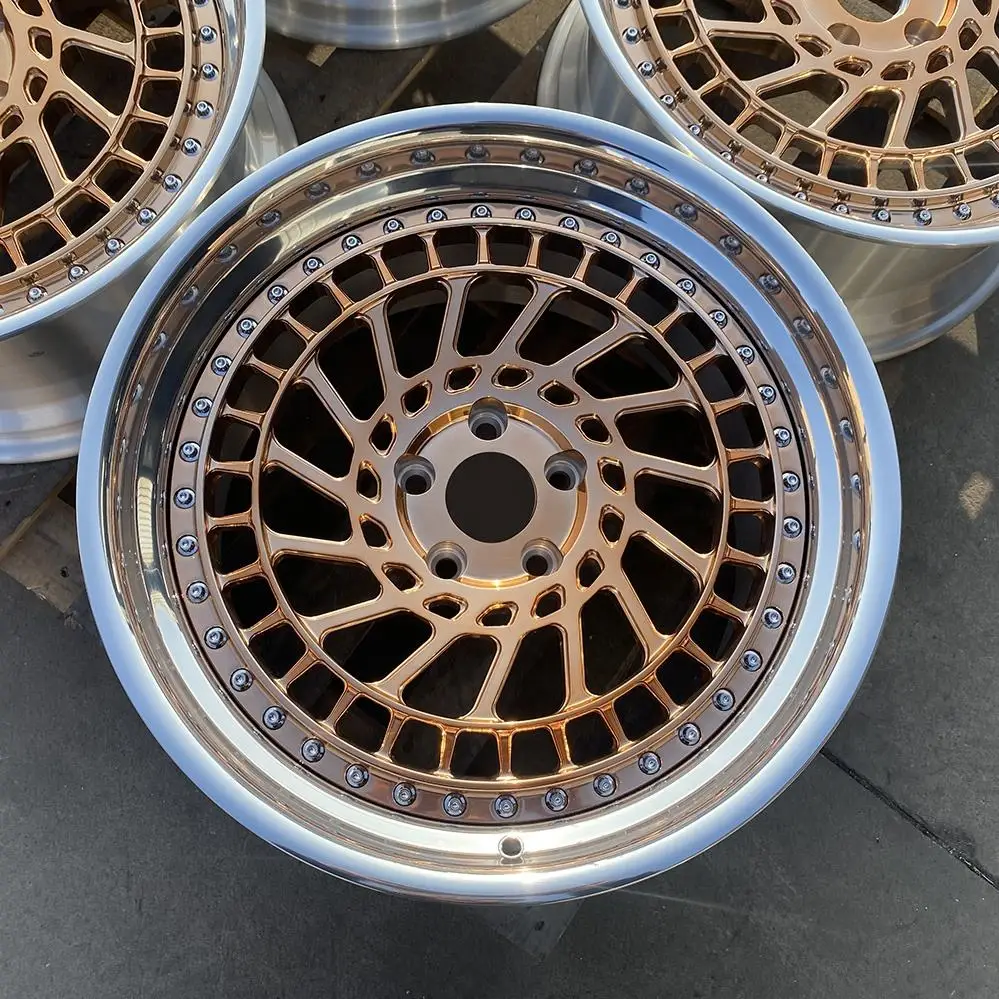
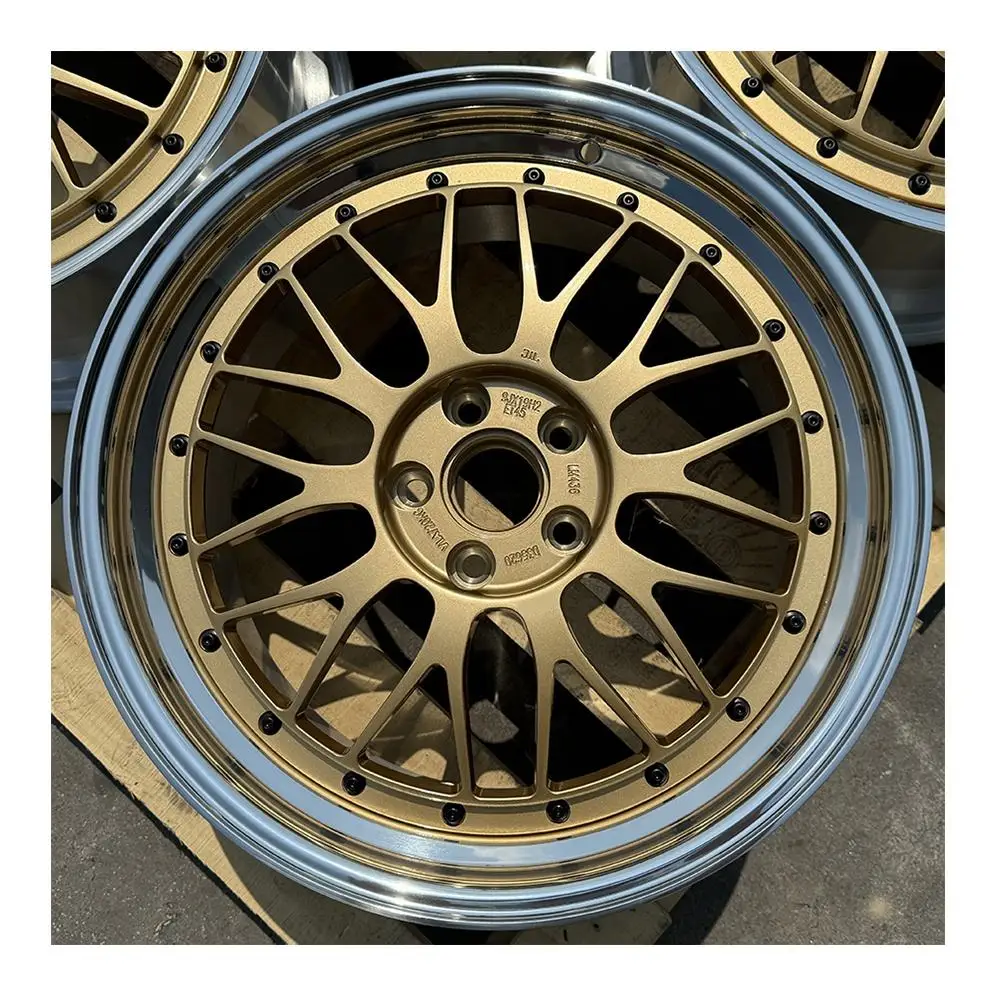
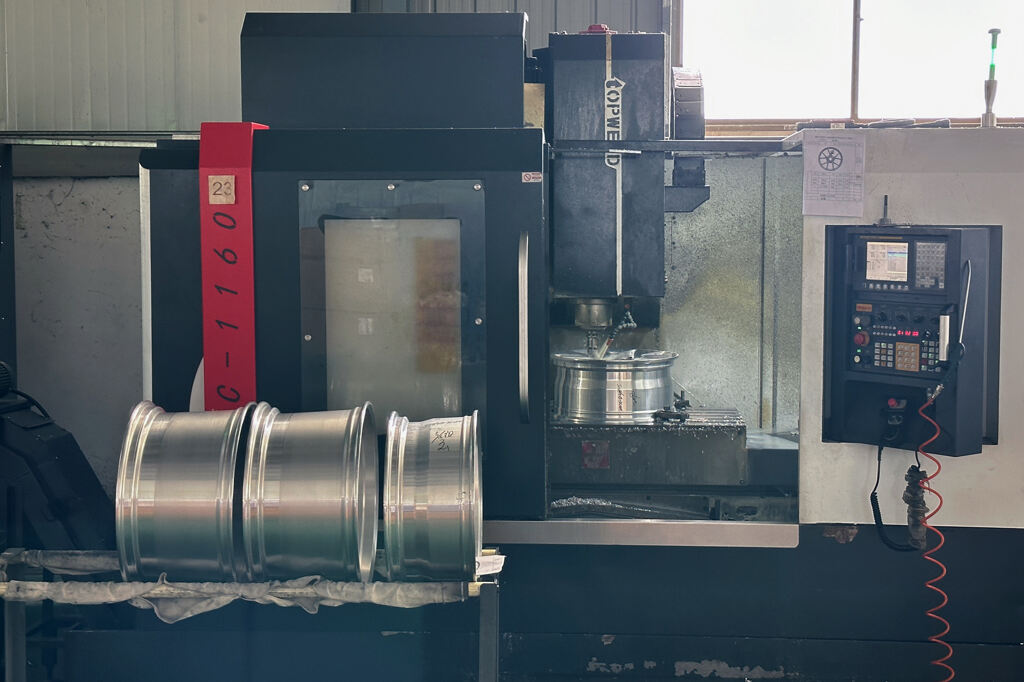
 ONLINE
ONLINE